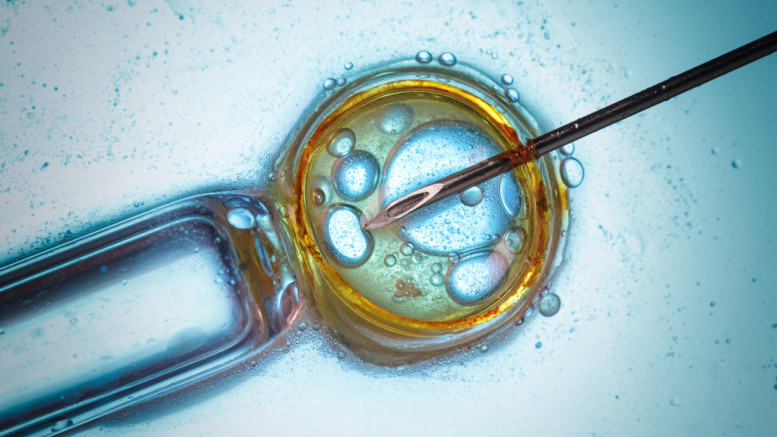Parenthood is one of the most beautiful experiences of life, uniting two individuals in a lifetime bond with their child. However, for many couples, this dream remains unfulfilled due to infertility. In recent years, fertility clinics have emerged as a beacon of hope for such couples struggling with infertility issues. In this blog post, we will take you through the journey of a fertility clinic and how it works to help couples fulfill their dream of parenthood.
Initial Consultation
The journey towards parenthood begins with an initial consultation with a fertility specialist. During the consultation, the specialist will conduct a detailed medical history and physical examination of both partners to understand the root cause of infertility. Based on the diagnosis, the specialist will recommend various fertility treatments, including in vitro fertilization (IVF), intrauterine insemination (IUI), and egg freezing. The specialist will also discuss the cost, risks, and success rates of each treatment method so that the couple can make an informed decision.
Risks and Costs
Venturing into fertility treatments does come with its own set of risks and costs. For starters, all fertility treatments are a significant financial investment. The exact cost will vary depending on the specific treatment method chosen and the number of cycles required. For instance, in vitro fertilization (IVF) tends to be more expensive compared to other methods like intrauterine insemination (IUI).
In terms of risks, while fertility treatments have generally high success rates, there is no guarantee of pregnancy. Additionally, certain procedures like IVF can increase the likelihood of multiple pregnancies, which may pose additional risks of premature birth and low birth weight. It’s also worth noting that fertility treatments can be emotionally taxing, often leading to stress and anxiety. Therefore, it’s crucial for couples to be well-informed and prepared for both the financial and emotional commitments involved in fertility treatments.
Ovarian Stimulation
Ovarian stimulation is a vital step in most fertility treatments. The specialist will prescribe medications to stimulate the ovaries to produce multiple eggs. The eggs are monitored regularly during this phase through blood tests and ultrasound imaging. Once the eggs reach maturity, a trigger shot is given to trigger ovulation.
Egg Retrieval and Embryo Transfers
After ovulation, the eggs are retrieved through a non-invasive procedure using ultrasound-guided needle aspiration. The eggs are immediately transferred to the laboratory, where they are fertilized with sperm. After fertilization, the embryos are grown for a few days before they are transferred into the uterus.
Pregnancy Monitoring
After embryo transfer, the specialist will monitor the patient’s hormone levels and check for pregnancy through regular ultrasounds. If the pregnancy test is positive, they will continue to monitor the pregnancy throughout the entire pregnancy. Once the pregnancy reaches full term, the couple will be referred back to their obstetrician for traditional prenatal care.
Fertility clinics have revolutionized the field of infertility, providing hope to millions of couples worldwide. The process may seem complex, but with a qualified fertility specialist and a dedicated team, achieving parenthood is a reachable goal. If you and your partner are struggling with infertility, do not hesitate to visit a fertility clinic to begin your journey towards parenthood. The professionals can customize fertility treatments to suit your specific needs and increase the chances of success while providing constant support throughout the process.
